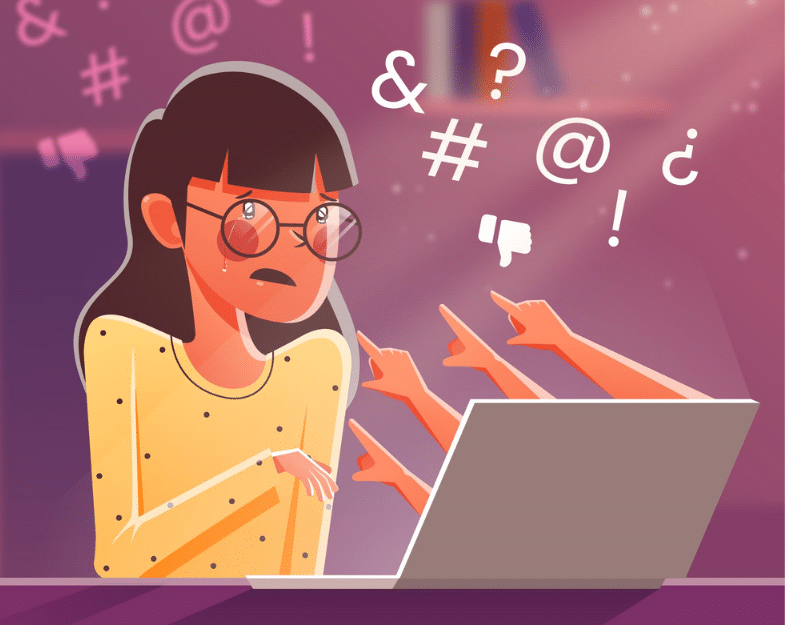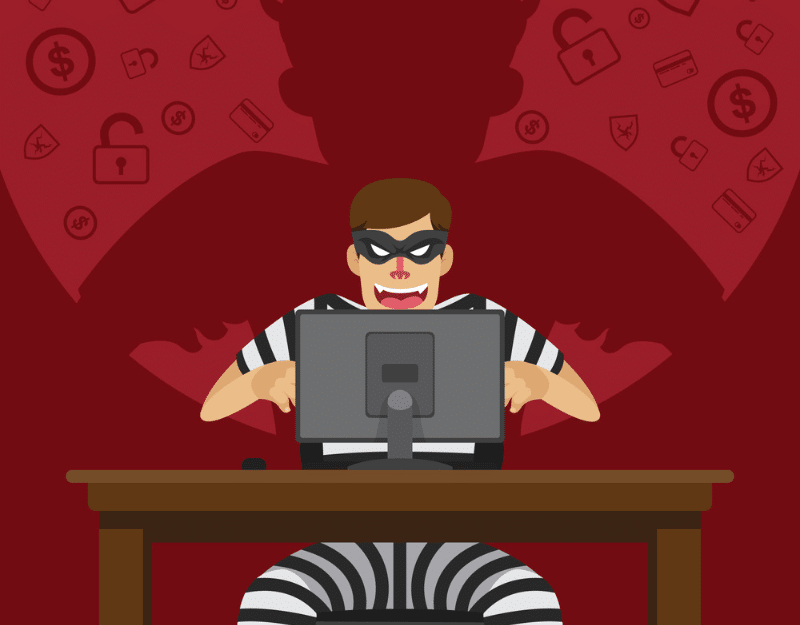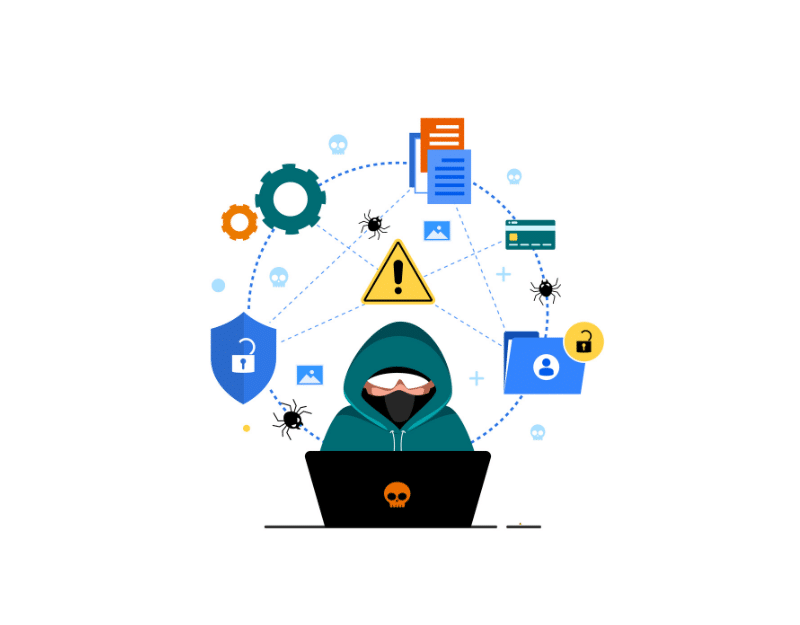
As a parent, safety is always a top concern regarding a child’s online activity. While Teams can be an excellent tool for staying in touch with loved ones, it’s essential to ensure that kids know the potential risks and use the platform safely. Parents worry about who they communicate with and what information they may share. It’s crucial to have open and ongoing conversations about online safety.
If you ponder whether is Teams a safe app, let us read more about it.
What Is Teams?
Teams is a telecommunications application that lets users connect over video and voice calls, send messages, and share files from their computers, tablets, or mobile devices. Teams was first released in 2003 and has become one of the most popular communication tools in the world. Microsoft owns it, and is available for free download on most devices.
How Does Teams Work?
Teams is a platform that lets users make voice and video calls, quickly send messages, and share files. It functions onVoice over Internet Protocol (VoIP) technology to transmit audio and video data. Users can connect with other Teams users for free or call landlines and mobile phones for a fee. Teams is available on various devices, including computers, smartphones, and tablets.
Is Teams Safe for Kids?
Teams is generally considered safe for kids, but is Teams safe to use for kids? Parents need to monitor their children’s service use like any online platform. Teams offers privacy settings that can help keep kids safe from unwanted contact and content, such as blocking and reporting features. Parents should also educate their children on safe online behavior and encourage them to talk to a trusted adult if they come across anything inappropriate while using the platform.
What are the dangers of Teams for Kids?
The dangers of Teams for kids include exposure to inappropriate content, cyberbullying, and the risk of interacting with strangers. Children may also accidentally disclose personal information or be vulnerable to phishing scams. Parents should monitor their children’s activity on Teams and ensure they are using it safely.
Inappropriate Content Exposure
Inappropriate content exposure on Teams can be a severe danger to kids. With the availability of many online communication platforms, children may come across explicit content that can hurt their mental and emotional well-being. Parents need to monitor their children’s online activity and educate them on the safe and appropriate use of such platforms.

Online Predators and Stranger Danger
Compared to the real world, the Internet provides more anonymity. Individuals can conceal their true identities or assume false ones. The Internet can pose a potential threat to children and teenagers who use it. Online predators may try to lure kids and teens into sexual conversations or even face-to-face meetings. Predators will sometimes send obscene material or request that kids send pictures of themselves. Therefore, teaching your kids to be on their guard whenever they’re online is essential.

Cyberbullying and Harassment
Cyberbullying is the act of harassing or insulting another person through various digital platforms or communication channels, such as emails, direct messages, and social media apps. It’s important to note that even Teams can be used as a tool for cyberbullying. When someone shares abusive content about another person on online platforms, resulting in humiliation, embarrassment, or degradation of the person’s reputation, it is considered a form of cyberbullying.

Addiction
Addiction to Teams can be a danger for children in several ways. Spending excessive time on the platform can negatively impact their academic performance and social skills. Moreover, they may be exposed to inappropriate content or become victims of online predators. Parents should monitor their children’s Teams usage and set clear boundaries to ensure their safety.
Privacy Concerns
Privacy concerns at Teams can pose a severe danger to kids. With features like video calling and messaging, children can easily be targeted by online predators. Teams has faced criticism for not protecting user privacy and allegedly providing user data to government agencies. It puts children at risk of being exposed to inappropriate content and being contacted by strangers. Parents should monitor their children’s Teams usage to ensure their safety.
How to safely use Teams?
For Teams safety, only accept contact requests from people you know and trust. Avoid clicking on fishy links or downloading attachments from unknown sources. Keep your software up-to-date and use strong, unique passwords. Be cautious during video calls and avoid sharing personal or sensitive information.
Use Parental Control Software (TiSPY)
Have you considered using parental control software like TiSPY to use Teams safely? TiSPY allows you to monitor your child’s Teams activity and ensure they are not engaging in potentially harmful behavior. With TiSPY, you can view your child’s Teams contacts, call logs, and messages and even block specific contacts if necessary. It can give you peace of mind and help keep your child safe using Teams.
Teach Responsible Online Behavior:
Practicing responsible online behavior is essential to ensure your safety when using Teams. Avoid accepting friend requests from strangers, don’t share personal or sensitive information, and use strong and unique passwords. Be careful of clicking on dubious links or downloading files from unknown sources. Always report any inappropriate behavior or content to Teams’s support team. Following these tips, you can enjoy using Teams while staying safe online.
Monitor Your Kid’s Activity On Teams
As a parent, it’s essential to monitor your child’s online activity, including their use of Teams. By keeping an eye on who they are communicating with and what they are discussing, you can help ensure their safety. Set clear rules about safe online behavior and regularly check in with your child to discuss any concerns they may have.
To Conclude
Teams can be a safe communication tool for kids if parents take the necessary precautions. Parents must educate their children on safe online behavior, monitor Teams usage, and limit contact with strangers. Parents can also enable privacy settings and use parental controls to further ensure their child’s safety. By being alert and proactive, parents can help their children safely enjoy the benefits of Teams communication.
We hope we have answered your query about whether is Teams safe.



